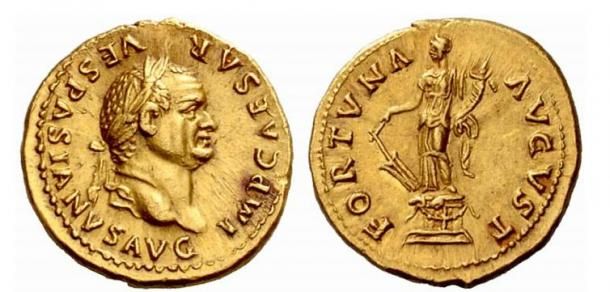
|
21A010 The Crypto Paradox by Jim Davies, 3/16/2021
Bitcoin and its rivals are alive and very well, and in the coming Zero Government Society they will contend for the rôle of money. It was invented in 2008 by a person or persons known only as Satoshi Nakomoto as an alternative to fiat money; that is, the kind enforced by governments as legal tender whether or not it has any inherent value. Once government has evaporated, its fiat money will vanish also. The resulting free market will choose forms of money from among crypto, gold, silver and anything else it sees fit. Originally one Bitcoin bought about as much as 0.2 US cents, but in the following 13 years that exchange rate has risen in a spectacular, if volatile, way; in February 2021 it exchanged for over $50,000. That's an average growth rate of about 270% a year; Dow Jones, go gnash your teeth. Trouble is, Bitcoin was never intended to be an investment, as such; though because it is by design impossible to coin more than 21 million of them (there are currently 18.5 million circulating) its exchange rate would naturally rise. For illustration, if Bitcoin eventually replaced all the fiat "dollars" floating around, currently about 21 trillion, obviously each would be tagged at one million dollars a pop. So $50K looks rather cheap. Crypto is international, so it could eventually replace all fiat currencies, in which case its purchasing power will be much higher yet. However, it won't; it will have to compete with gold and other forms of money. And to my mind, that rivalry will eventually focus on the question of inherent value.
In today's fiat-infested world crypto does have one huge advantage, which was the design feature built in to it by Nakomoto: it's peer-to-peer and secret, beyond the ability of any government to track it or control its supply - or so it's claimed - and beyond the ability of any middle-man (a government-licensed bank) to delay or prohibit transactions, by error, dishonesty or edict. That contributes a great deal to "inherent value." It brings the possibility of tax-free trade, and so of helping undermine the whole operation of government. That very desirable property has so far been frustrated by two factors: (a) most buyers are storing Bitcoin as an investment rather than as a currency for buying goods (and why not, with an annual 270% historical performance?) and (b) the claimed secrecy has been breached, to some degree. Example: Ross Ulbricht's Silk Road, for operating which he was given the most savage prison sentence ever. Such is the importance to the FedGov of maintaining its money monopoly. So crypto has a powerful inherent value while fiat currencies persist, but is not primarily being used in a way that relies on that value; and when eventually fiat money vanishes after everyone has declined to work for government, that value (protection from interference) will disappear; for when government goes, so does its threat to freedom of trade. Does that mean that at the very time when Bitcoin can operate as it was meant to, its inherent value will collapse? - quite possibly so. How about that for a paradox.
|
|
||||||||||||||||||||||||||||||||||||||||||

 Paper, as a fiat form, clearly has none at all except perhaps as wallpaper; gold and silver do, for they have other uses as well as acting as media of exchange, as well as the considerable merit of thousands of years of history as money, which have imparted to them a high degree of trust. Even so, how are we to evaluate "trust" in concrete terms of "inherent value"? - I don't know. But I do suggest it's a fair bit higher than the code in the world's computers, which is at day's end that of which crypto currencies consist. A gold coin of one ounce in hand today will buy about the same as $1,800 but in the ZGS, if some 14,000 tons of gold were to replace $21 trillion of fiat, it would buy $43,000 of real stuff.
Paper, as a fiat form, clearly has none at all except perhaps as wallpaper; gold and silver do, for they have other uses as well as acting as media of exchange, as well as the considerable merit of thousands of years of history as money, which have imparted to them a high degree of trust. Even so, how are we to evaluate "trust" in concrete terms of "inherent value"? - I don't know. But I do suggest it's a fair bit higher than the code in the world's computers, which is at day's end that of which crypto currencies consist. A gold coin of one ounce in hand today will buy about the same as $1,800 but in the ZGS, if some 14,000 tons of gold were to replace $21 trillion of fiat, it would buy $43,000 of real stuff.








